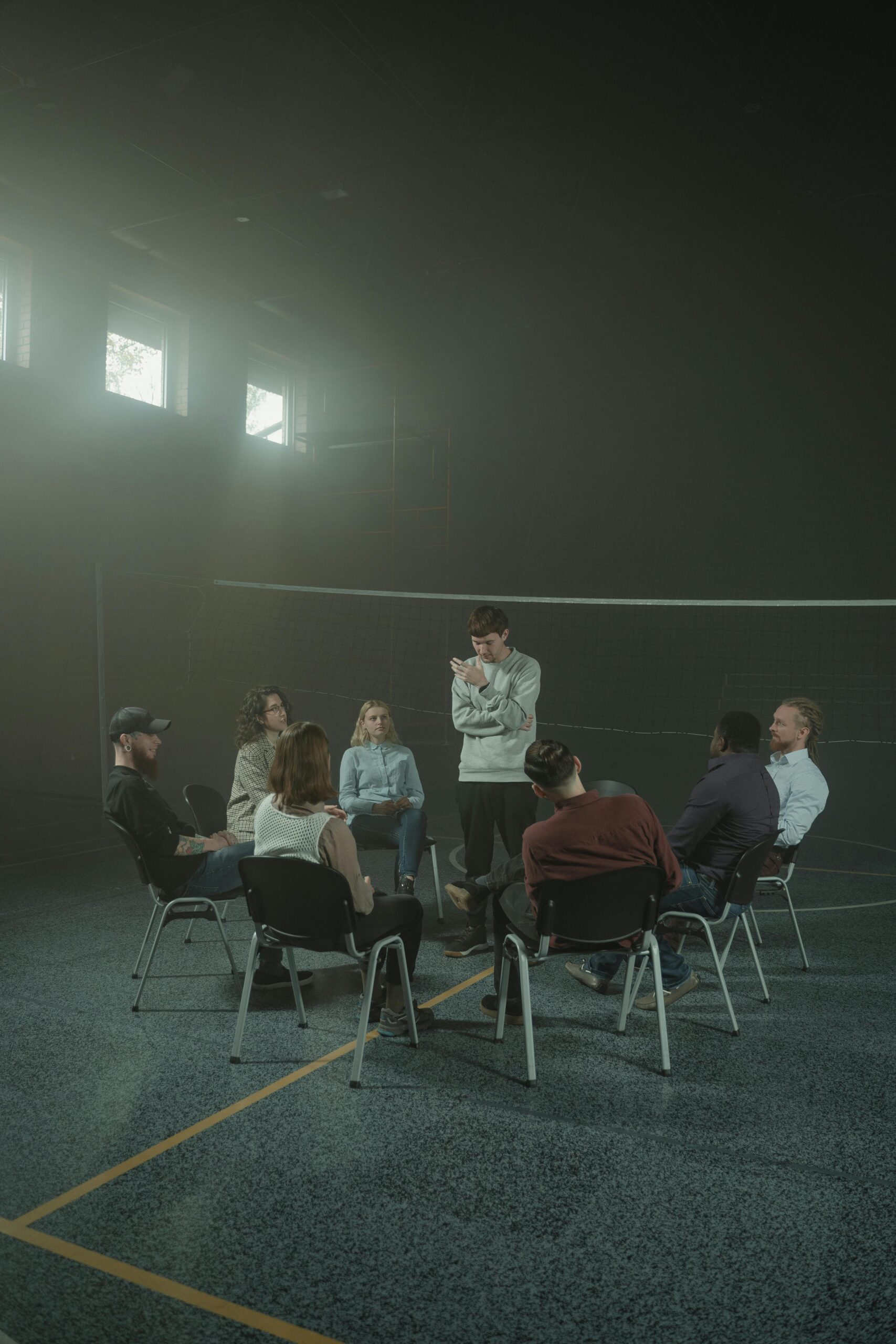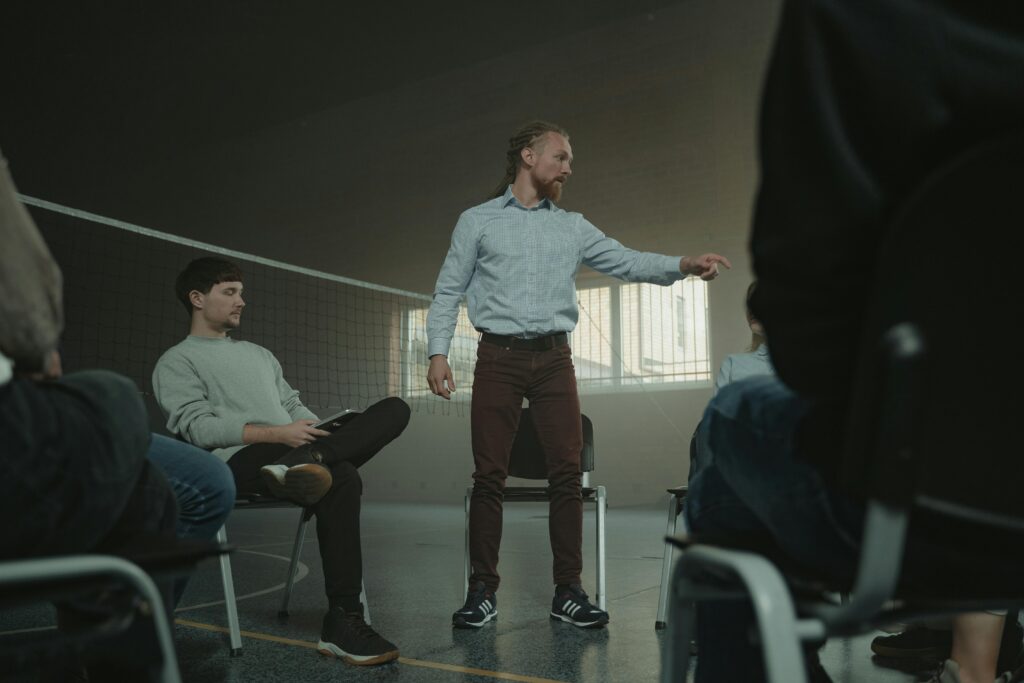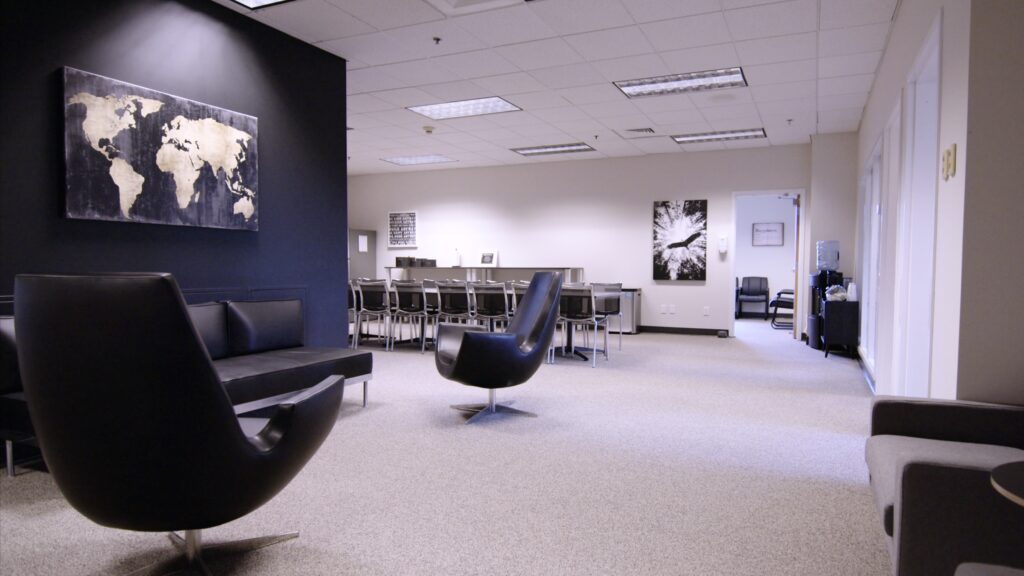
When navigating the path to addiction recovery, individuals have several treatment options available—each offering distinct advantages. Among the most effective and widely recommended approaches is group therapy. But is group therapy truly worth considering? Let’s delve into the benefits, challenges, and reasons why group therapy can play a pivotal role in achieving lasting sobriety.

Group therapy brings together individuals in recovery within a structured, therapeutic environment led by a licensed counselor or therapist. These sessions typically involve open discussions, guided activities, and therapeutic exercises aimed at fostering healing, self-awareness, and personal development.
One of the most compelling benefits of group therapy is the sense of shared experience. Being surrounded by others who understand your struggles can significantly reduce feelings of loneliness and isolation. Listening to peers recount their journeys not only fosters camaraderie but also offers fresh perspectives and coping techniques that might not have been previously considered.
The emotional support found in a group setting is another invaluable asset. Encouragement from others who are also navigating recovery can be incredibly uplifting and motivating. This kind of empathetic community can inspire individuals to stay committed to their goals and persevere through difficult moments.
Group therapy also promotes a sense of accountability. Regular attendance and participation create a rhythm and structure that encourage consistency. Knowing that others are expecting your presence and contributions often motivates individuals to stay on track and engaged in their recovery process.
In addition to emotional support, group sessions often focus on teaching practical life skills. Participants develop tools for better communication, emotional regulation, and problem-solving—essential abilities for managing day-to-day stressors and avoiding relapse.
Another major advantage is the constructive feedback from peers. Insights shared by others in the group can shine a light on personal blind spots and help individuals recognize and modify harmful behaviors or thought patterns. This shared wisdom enhances the therapeutic value of the experience.
Group therapy is also a more cost-effective option compared to individual therapy. Its affordability broadens access to professional care, allowing more people to benefit from structured, therapeutic support throughout their recovery.
Lastly, group therapy helps rebuild social connections that may have been damaged by substance use. It offers a safe space to establish healthy, supportive relationships with others who understand the challenges of addiction—forming a community that can extend beyond therapy sessions.
While group therapy offers many advantages, it’s important to acknowledge the potential challenges that can arise in a group setting. One of the most common concerns is privacy. Some individuals may feel uncomfortable sharing personal details in front of others, especially when there are fears about confidentiality or being judged. This apprehension can create a barrier to full participation, which may limit the therapeutic benefits.
Group dynamics can also play a significant role in the effectiveness of therapy. When participants have conflicting personalities or unresolved tensions, the overall atmosphere can become strained. Additionally, group members often vary in their levels of commitment and stages of recovery. This disparity can affect cohesion and hinder collective progress. Another consideration is the limited opportunity for individualized attention. Unlike one-on-one sessions, group therapy doesn't always provide the space for deeply personalized exploration of each person’s unique issues, which may leave some participants needing supplemental individual support.
Despite the potential drawbacks, group therapy offers numerous advantages that can significantly enhance recovery outcomes. Here’s why it’s a powerful tool:

At Keys Behavioral Health, we recognize the transformative impact of group therapy in recovery. That’s why our comprehensive programs include structured group sessions designed to nurture healing, personal growth, and community support.
Led by experienced therapists, our sessions are safe, inclusive, and judgment-free spaces where individuals can share openly, receive guidance, and connect with others walking a similar path. We customize our approach to meet the unique needs of each client, ensuring meaningful and lasting progress.
If you or someone you love is seeking support, contact us today to start group therapy as a part of your recovery path.